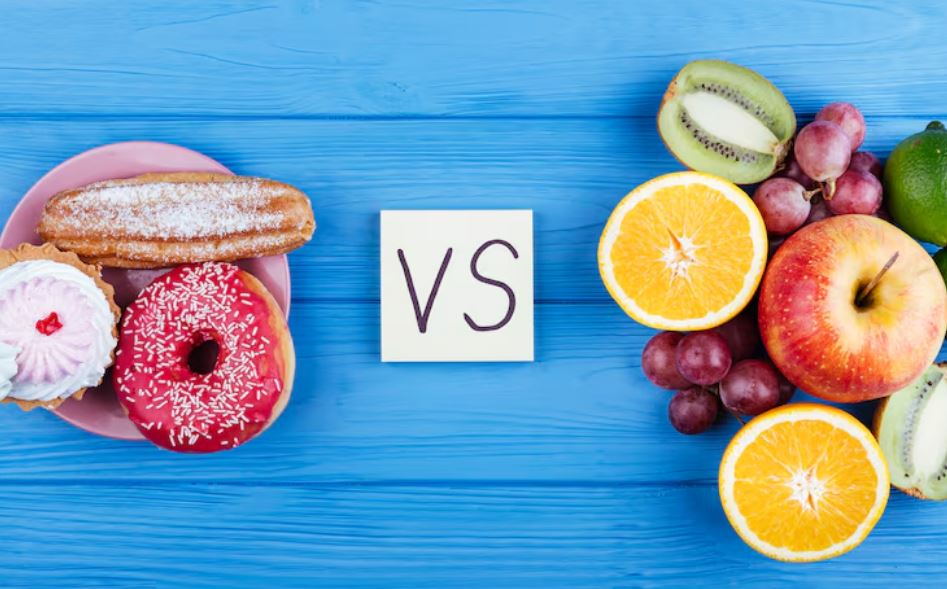
As a means of achieving quick change, detox diets has gained popularity, although its appeal is based more on marketing hype than on scientific evidence. As a sales pitch, the promise of eliminating toxins from the body seems extremely effective, especially when accompanied by colorful juice bottles or promoted by well-known celebrities. Some find the concept of a reset appealing as a psychological aid to break bad habits, but many specialists doubt the scientific validity of the premise that toxins need to be removed from the body.
The timing is part of the appeal. Detox diets are popular on social media over the holidays or following decadent trips, thanks to wellness bloggers who post vibrant juices and beautiful skin filters. Gwyneth Paltrow’s company, Goop, has consistently promoted cleanses in spite of criticism, while Beyoncé notably praised a detox-style routine before to a tour. Despite the paucity of data, these endorsements significantly increased the awareness of detox diets by persuading customers that these regimens promote both health and beauty.
The Pros and Cons of Detox Dieting – Key Reference Points
| Point | Detail |
|---|---|
| Definition | A short-term restrictive diet claiming to cleanse the body, promote weight loss, and reset eating habits |
| Common Types | Juice cleanses, fasting, raw food diets, herbal teas, supplement-based regimens |
| Potential Benefits | Short-term weight loss, removal of processed foods, increased fruit and vegetable intake, heightened awareness of food sensitivities |
| Main Risks | Nutrient deficiencies, muscle loss, rebound weight gain, slowed metabolism, dehydration, harmful supplements |
| Expert View | No strong scientific proof of toxin removal; body detoxifies naturally via liver, kidneys, skin, and gut |
| Pop Culture | Celebrities from Gwyneth Paltrow to Beyoncé have promoted detox diets, fueling a billion-dollar wellness industry |
| Recommended Alternatives | Balanced eating, hydration, exercise, mindful consumption of whole foods |
| Impact on Society | Encourages quick-fix culture, heavily influences social media wellness trends, drives consumer spending |
| At-Risk Groups | Pregnant women, teens, people with eating disorders, those with chronic illness or diabetes |
| Trusted Resource | National Center for Complementary and Integrative Health – NCCIH |
However, doctors warn that the body’s natural detoxification mechanisms, especially the kidneys and liver, are very effective and dependable at eliminating pollutants. It is incredibly deceptive to say that external programs are required to purify the body. According to studies, weight reduction may be temporary, but it is mostly caused by water and glycogen loss, which speeds up weight growth after regular eating starts.
However, it would be unjust to completely exclude detox dieting. Many people report feeling lighter, more focused, and more energized after cutting off processed foods, alcohol, and added sugars. Those who don’t often eat fresh food will especially benefit from this apparent improvement. For instance, a juice cleanse’s increased consumption of fruits and vegetables provides vitamins and antioxidants that are noticeably absent from typical diets. Even though it is only brief, this reset effect can occasionally serve as a springboard for later adoption of healthier eating practices.
However, it is impossible to overlook the risks. People who severely reduce their calorie intake may experience weariness and become more susceptible to sickness as a result of muscle loss, weakened immune, and slowed metabolism. While laxative-heavy detox teas can result in harmful electrolyte imbalances, liquid-based cleanses may induce digestive pain including bloating or diarrhea. The risks are especially high for vulnerable populations, such as adolescents, expectant mothers, and those with diabetes. Physicians frequently point out that sometimes what is promoted as cleansing is actually a type of dietary deprivation masquerading as wellness.
Beyond only nutrition, detox diets has a profound societal impact. It reflects the need for quick fixes in society, where a week of juice is presented as atonement for months of unhealthy food. This way of thinking has influenced the billion-dollar detox market, where high-end pills, teas, and juice cleanses are sold. Social media spreads the word and elevates detox items to status symbols. Many people view detoxing as more about being a part of a wellness-driven movement that promises self-control and purity than it is about science.
However, experts point to healthier and more sustainable choices. Regular exercise, a wide range of whole foods, and staying hydrated provide long-term advantages without the dangers of restricted cleanses. The body’s natural detoxification process is greatly aided by a clean diet that is heavy in fruits, vegetables, fiber, and moderate amounts of protein. Such balanced methods are incredibly resilient and can be sustained throughout life, in contrast to detox fads.
The more general query is not whether detox diets “work,” but rather why they continue to be so popular. Their advertising capitalizes on concerns about stress, processed meals, and pollution in today’s world. Even though it is not medically required, the story of the urge to cleanse strikes an emotional chord. This explains why, despite doctors’ continued caution, detox claims continue to fuel the success of juice bars, wellness companies, and celebrities.
